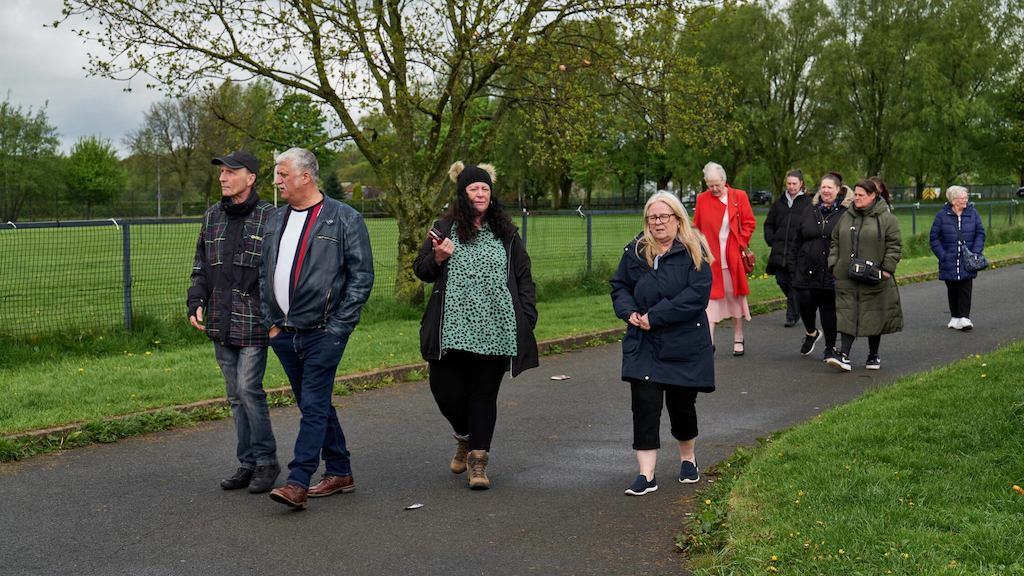Older people living in the north of the country die earlier, are more likely to be living in poor health, more likely to live in poor quality housing and more likely to be out-of-work than their southern peers, the Centre for Ageing Better’s annual State of Ageing report 2023 will detail.
The comprehensive annual report into the experiences of later life in England highlights significant differences in an individual’s health as they age depending on where they live in the country.
The life expectancy of men in the North East (77.6 years) is three years less than their counterparts in the South East. Women in the North East (81.5 years) live 2.6 fewer years than their peers in the South East (84.1 years).
And this regional difference is widening with life expectancy rising in recent years for men and women in the South East but falling for men and women in the North East.
Our State of Ageing report also reveals the North East has the largest proportion of older people in poor health with three in ten of people aged 50-64 (29.1%) describing themselves not in good health compared to one in five in the South East (20.3%).
This gap increases with age, with almost half of people aged 65+ in the North East (48.2%) reporting they are not in good health compared to fewer than four in ten in the South East (37.6%).
The report also shows that older people are more than twice as likely to be living in non-decent homes in the North (21%) compared to those living in London and the South East (9%).
There are 273,000 non-decent homes, which fail to meet basic health and safety standards, or are not in a reasonable state of repair or lack modern facilities or have ineffective insulation or heating, headed by someone 55-64 in the North compared to 114,000 non-decent homes in the much more populous London and the South East.
At current levels of funding, it would take more than 135 years to fund repairs on all of the non-decent owner-occupied homes and privately rented homes in the North West of England, Centre for Ageing Better evidence shows.
The State of Ageing 2023 report also reveals that older workers appear to face larger barriers to work in some parts of the country than in others.
Employment rates for older workers in the North East (68.8% of people aged 50-64 ) are much lower than rates in the South East (74.5%).
Nationally, there is a 14 percentage point gap between the employment rate of 35 to 49-year-olds and 50 to 64-year-olds but in the North East of England that gap is even wider at 19 percentage points.

